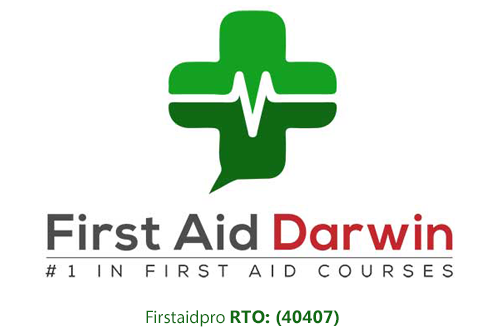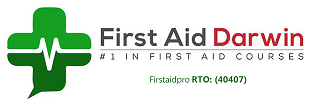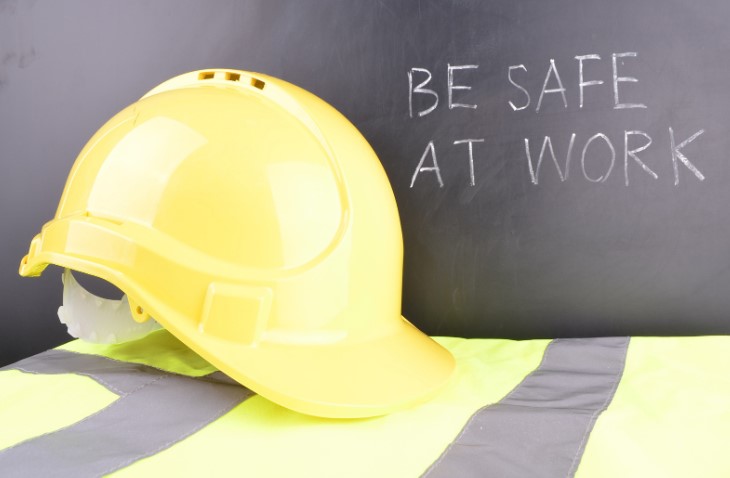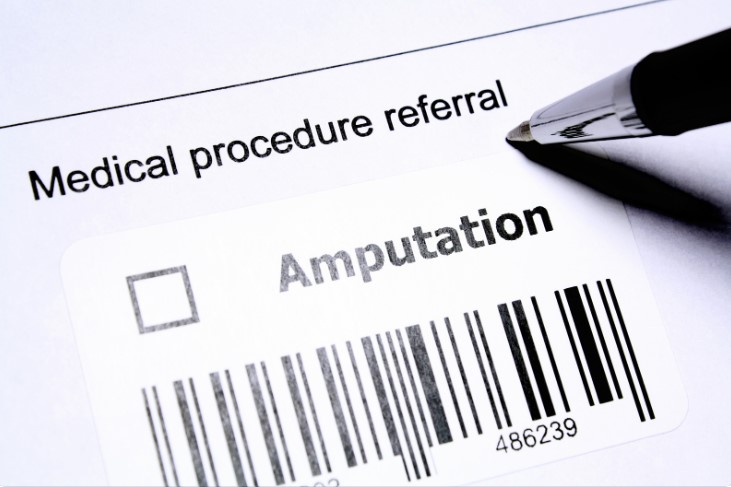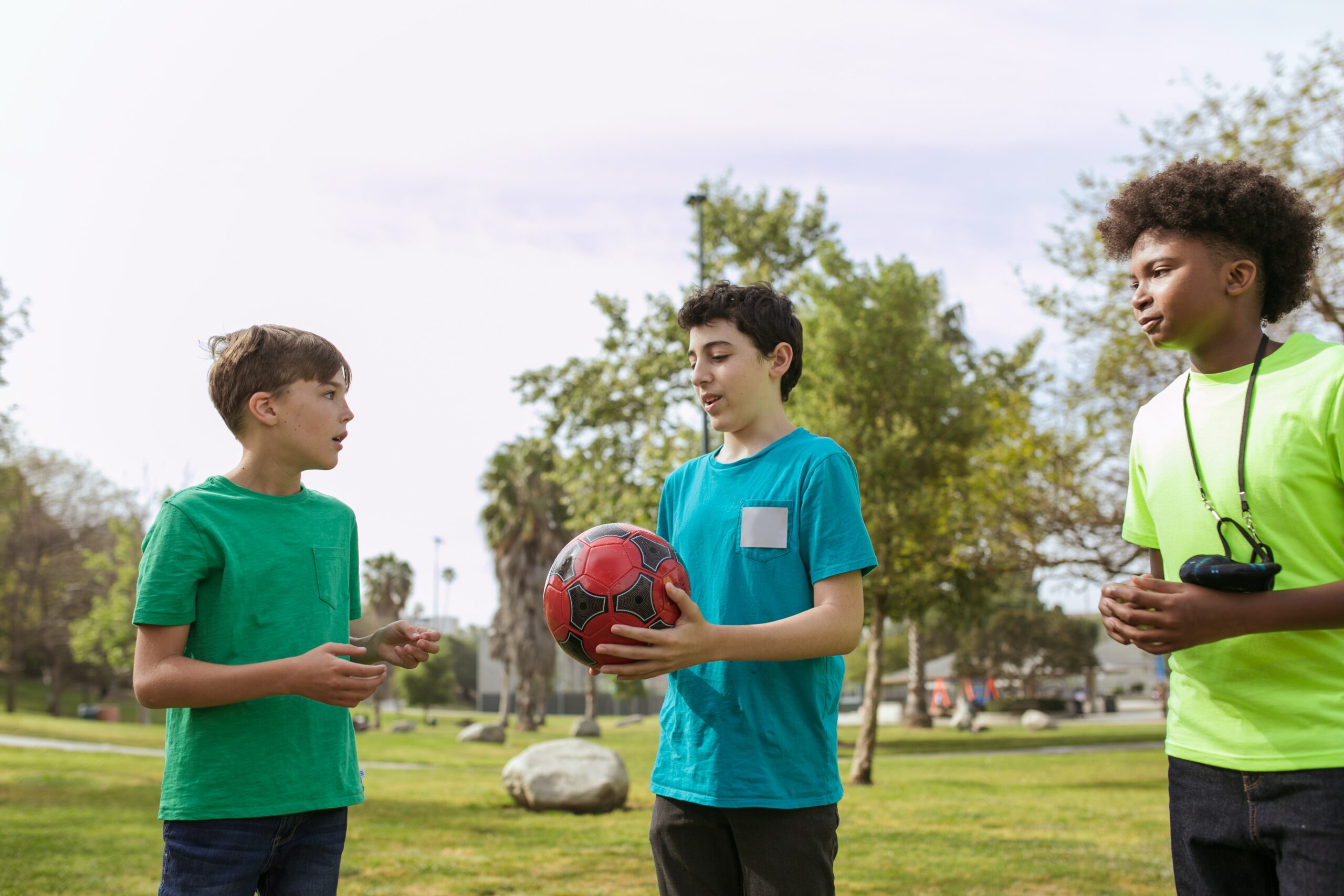7 Home Safety Tips for the Holidays: With all the decorations, cooking, and activities that come with the holiday season, it is important to be safe while also having fun.
On top of putting the health and well-being of everyone, here are 7 home safety tips for the holidays that will help minimise the seasonal safety risk and hazards.
Holiday Accidents And Injuries
For many, the holiday season is a time of joy and festivities. Between decorating the house, attending holiday parties, and spending time with friends and family – there are lots to look forward to this holiday. However, the downside of the busiest time of the year is the risk of accidents and injuries.
Starting from December into the new year, hospitals and emergency departments tend to see a sharp increase in accidents and injuries relating to the holidays. Accidental burns from cooking, falling from a ladder, and allergic reactions from food choices can sometimes lead to injuries and even hospitalisation if you do not put safety measures in place.
Here is a breakdown of the most common holiday-related accidents and injuries
- Over 1,600 people (65 years old and above) are hospitalised from ladder-related injuries, mostly resulting in falls.
- Christmas and New Year holidays are the busiest time of the year for emergency departments (ED) in many states.
- Thousands of injury cases are related specifically to Christmas trees and holiday lights.
- The use of Christmas lights and candles is among the highest cause of home fires every year.
- More Australian workers suffer from serious injuries, even death, weeks leading up to Christmas than at any other time of year (according to Worksafe statistics)
With such possibilities, a holiday celebration can quickly turn into a series of unfortunate events. The good news is we do not need to roll ourselves in bubble wrap to stay safe during this time of the year.
With preparation and safety measures in place, we can have a fun, festive and safe celebration towards the new year.
Home Safety: 7 Ways To Avoid Injuries And Accidents
Be prepared for an emergency by understanding common holiday injuries and ways to avoid them.
Fall Safety
Ladders are responsible for hundreds of holiday-related fall injuries every year. When hanging Christmas lights outdoors, be sure that the ladder is on a steady, dry surface. Clear the area of things that might cause the ladder to fall over, and wear non-skid shoes.
Fire Prevention Tips
Christmas trees and cooking equipment are the leading causes of home fires and injuries. To prevent such from ruining the most awaited holiday, practice these fire safety prevention tips.
- Never leave the kitchen when anything is cooking. Unattended cooking is one of the common causes of home fires. In fact, 2 out of every 5 home fires start in the kitchen.
- Keep the Christmas tree and other decorations away from lit candles.
- Do not overload extension cords.
- Keep evergreen boughs, paper and other flammable materials from the fireplace.
- Keep children away from light strings or other decorations that use electricity.
- Always turn the lights off when going to bed or when going away from home.
Choose Age-Appropriate Toys
Before deciding what to give to your children, ensure the items are appropriate for their age. To ensure that, check the suggested age printed on the outer packaging or read the safety manual that comes with the box.
Check all toys for any small or loose parts that could be a potential choking hazard.
Keep Allergens Outside
If anyone in the family has a history of asthma or allergic reaction, keep all the doors and windows closed to prevent pollen from coming into the home. Stock up on allergic medications and learn what to do in case of a severe allergic reaction (anaphylaxis).
Prevent Accidental Poisoning And Choking
The most effective way to keep children safe from poisoning and choking is to learn which objects could cause this and keep them out of the reach of children under five.
Avoid certain food choices like hot dogs and hard candies that could block their airway. Store small, hard, round objects and toys in a safe place where small children cannot access them easily.
The next (and best) strategy to keep children safe is to learn how to respond to a poisoning or choking emergency by learning CPR and Heimlich Maneuver.
Dress For The Weather
The hot weather, along with physical exertion, can sometimes lead to fall injuries and heart attack. Dress appropriately for the weather, stay hydrated, and know your limits when doing activities to avoid overexertion.
Be Ready For Emergencies
Hospitals and ERs around the country see a dramatic increase in the number of accidents and illnesses during the holiday period, which can result in a delay in providing emergency services.
Learning the basics of first aid and stocking your holiday first aid supplies will enable you to provide initial care until emergency help arrives.
Enjoy A Safe Holiday Season
There is no doubt that the holiday season is one, if not the most wonderful time of the year with all the parties, delicious meals, and other festivities.
To ensure that it will be a fun-filled holiday the entire season, safety should be at the top of your wish list. Never let accidents and injuries land us in the emergency room, which may cause you to miss all the fun and get-togethers.
To achieve a healthy and safe holiday celebration, consider getting lifesaving first aid training that offers long-lasting benefits to you and your loved one.
Knowing first aid allows you to respond to various emergencies and provide crucial assistance in the event of cardiac arrest and heart attack. Learn how to locate and use an automated external defibrillator (AED), perform cardiopulmonary resuscitation (CPR) and much more.
Learn first aid today, and have a safe and enjoyable holiday with First Aid Courses Darwin.
For more information, visit our course page or email us at courses@firstaidpro.com.au.
